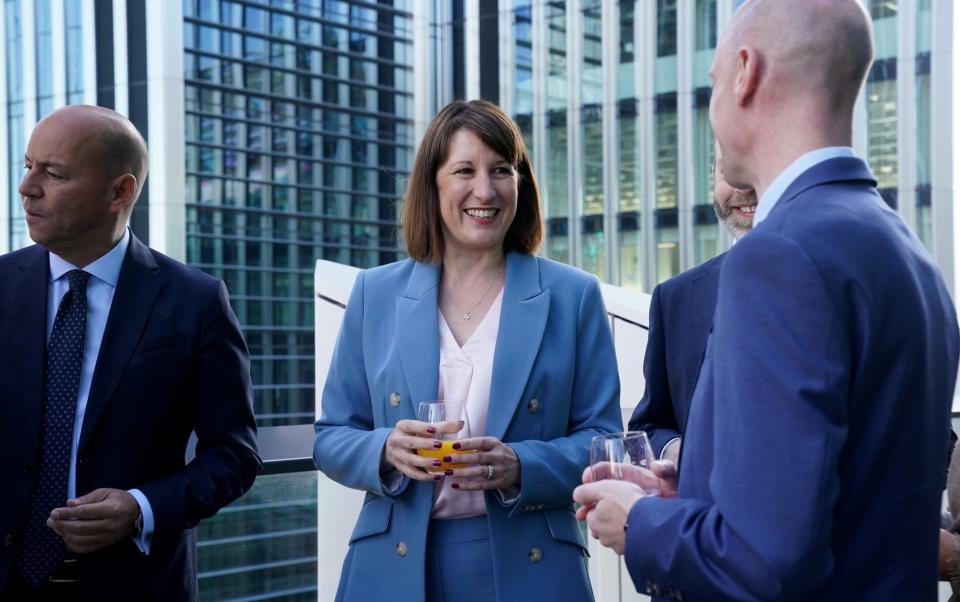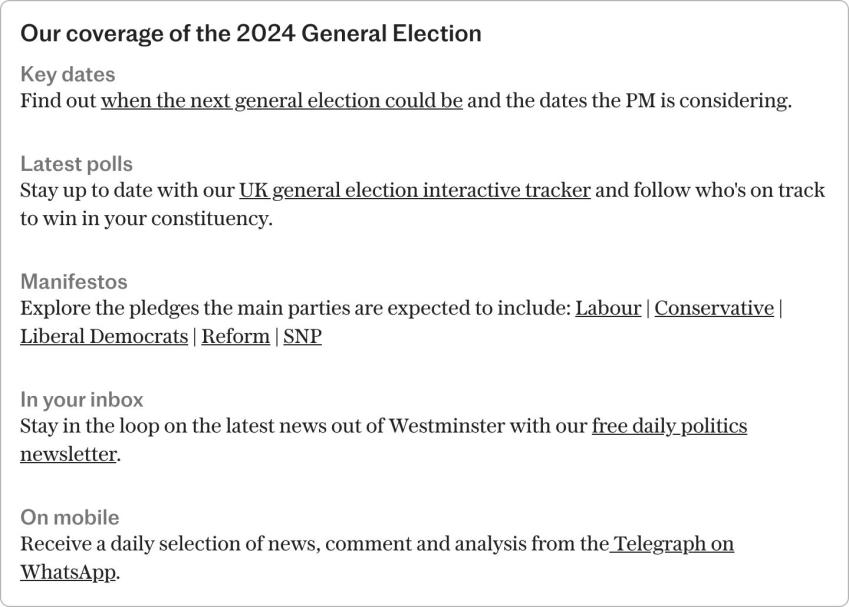Labour forced to rule out council tax raid on middle class

Labour has been forced to rule out launching a council tax raid on middle-class homeowners by creating new bands for higher-value properties.
Jonathan Ashworth, the shadow paymaster general, promised that the party will not change the existing council tax system if it wins power on July 4.
His remarks came less than 24 hours after Wes Streeting, his shadow cabinet colleague, had failed to rule out a nationwide revaluation of bands.
Asked whether Labour would make any changes to council tax bands, Mr Ashworth told Times Radio: “No, we’re not changing council tax bands.”
Pressed on whether that was a promise, he added: “Yeah.”
His remarks came after Rachel Reeves, the shadow chancellor, had indicated that reform of council tax would not be her priority in government.
Asked about revaluation, she told the Financial Times: “It doesn’t really matter whether I think it’s sensible or not; is that where I’m going to put my political energy? No.”

There had been speculation that Labour could seek to reform the system, to raise billions more for local councils by increasing taxes on high-value properties.
This could have been done either by a nationwide revaluation of all homes, or by adding new bands to the top end of the existing structure.
Council tax is charged according to a series of bands, from A to H, based on property valuations which were last carried out in the early 1990s.
The lowest is Band A, for homes valued at less than £40,000 in April 1991. The highest is Band H which applies to those worth over £320,000 at that time.
Huge rises
Huge rises in property prices over the past 30 years mean most homes are now worth far more than the band they are in for council tax purposes.
The freeze has also created new regional inequalities as property prices have risen twice as fast in London and the South East as in parts of the North.
Homes in the capital are now worth six times more than they were in the 1990s, whereas in the North East they are only three times more valuable.
The Institute for Fiscal Studies has described the council tax system as “highly regressive with respect to property values” and “ripe for reform”.
Top 10pc would pay more
In a 2020 report, it calculated that a revaluation would result in poorer households saving up to 0.9 per cent on their bills, whilst the top tenth would pay 0.7 per cent more.
Labour has not ruled out other changes to council tax, including allowing cash-strapped councils to make bigger annual increases to people’s bills.
Current rules brought in by the Tories mean that authorities can only hike bills by a maximum of 4.99 per cent a year without having to call a local referendum.
The Tories have suggested that Labour could also seek to end council tax discounts, especially the 25 per cent reduction for single occupancy.
Mr Streeting failed to rule out council tax rises on Sunday, though he insisted that “we don’t want to see the tax burden on working people increase”.
The Conservatives said Mr Ashworth’s comments were evidence that “Labour are in chaos on tax”, adding that he was “making it up as he went along”.
Laura Trott, the Chief Secretary to the Treasury, said: “Labour are already introducing higher council tax bands and a full council tax revaluation in Wales.
“So it is time Keir Starmer comes clean with the British public and admits council tax will be higher under Labour in England too.”


 Yahoo News
Yahoo News 
